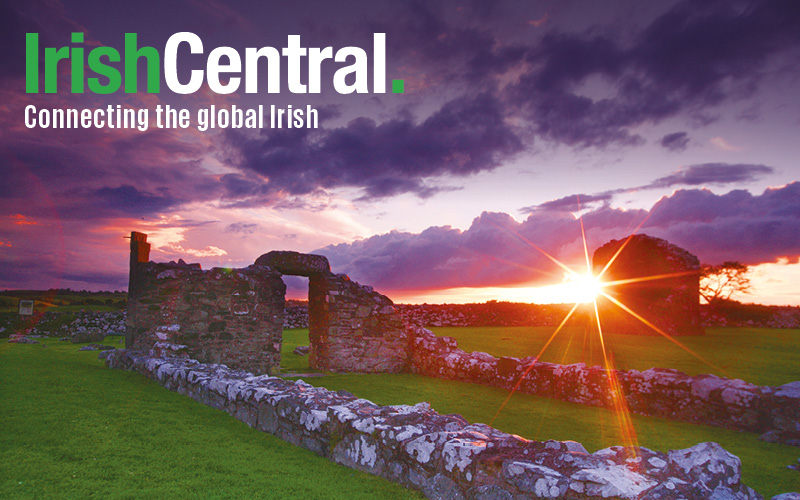A handwritten order intended to stop the 1916 Easter Rising in Ireland will be auctioned in April and could sell for as much as $70,000.
The order was issued by Eoin MacNeill, the commander of the Irish Volunteers, in a last minute bid to stop the armed rebellion against British rule in Ireland.
The document has been described as one of “the highest significance and rarity,” and it is also the only known copy in private ownership.
Kieran O'Boyle, auctioneer and valuer at Adam's of St Stephen's Green, Dublin, said the document had "changed the immediate course of Irish history to a significant degree" and, "with the exception of the Proclamation itself, it is probably the most important and influential document of the period of the Rising."
Shane MacThomais, historian at Glasnevin Cemetery and Museum, said the order "is a key piece of Irish history."
He said the Irish government should be stepping in to buy such important documents so that they can be put on public display for all to see.
"Historically this was a very significant document," he said.
"It had a huge effect on the Rising. It was estimated that up to 10,000 were to take part, but all they could muster was 2,000 and only in Dublin.
"Eoin MacNeill was criticized hugely for it.
"It caused massive confusion in the ranks. It would be like today, one message coming from the president and another from taoiseach. Lots of fellows and women did not come out.
"MacNeill was a professor and a letter from him carried huge weight.
"If that order had not gone out, what would have been the outcome for the Rising?"
The Irish Volunteers had been planning to hold peaceful maneuvers, but on Easter Saturday MacNeill discovered that a group within the organization, led by Pádraig Pearse, had secret plans to launch an armed rebellion against British rule.
When he discovered the deception, and after receiving news of Roger Casement’s failed attempt to import arms from Germany, MacNeill tried to prevent the mobilization.
He hand-wrote several copies of his countermanding order, on headed notepaper at his home – Woodbrook in Rathfarnham, Co Dublin – and dispatched men to deliver copies to local commanders nationwide.
The countermand was only partly successful and caused confusion, especially outside Dublin.
Consequently, there was no Rising in Cork or Limerick. The dissidents delayed their plans by 24 hours and launched the Rising on Easter Monday, April 24, 1916.
Love Irish History? "Like" IrishCentral's History Facebook page now and you'll never miss an update again!




Comments